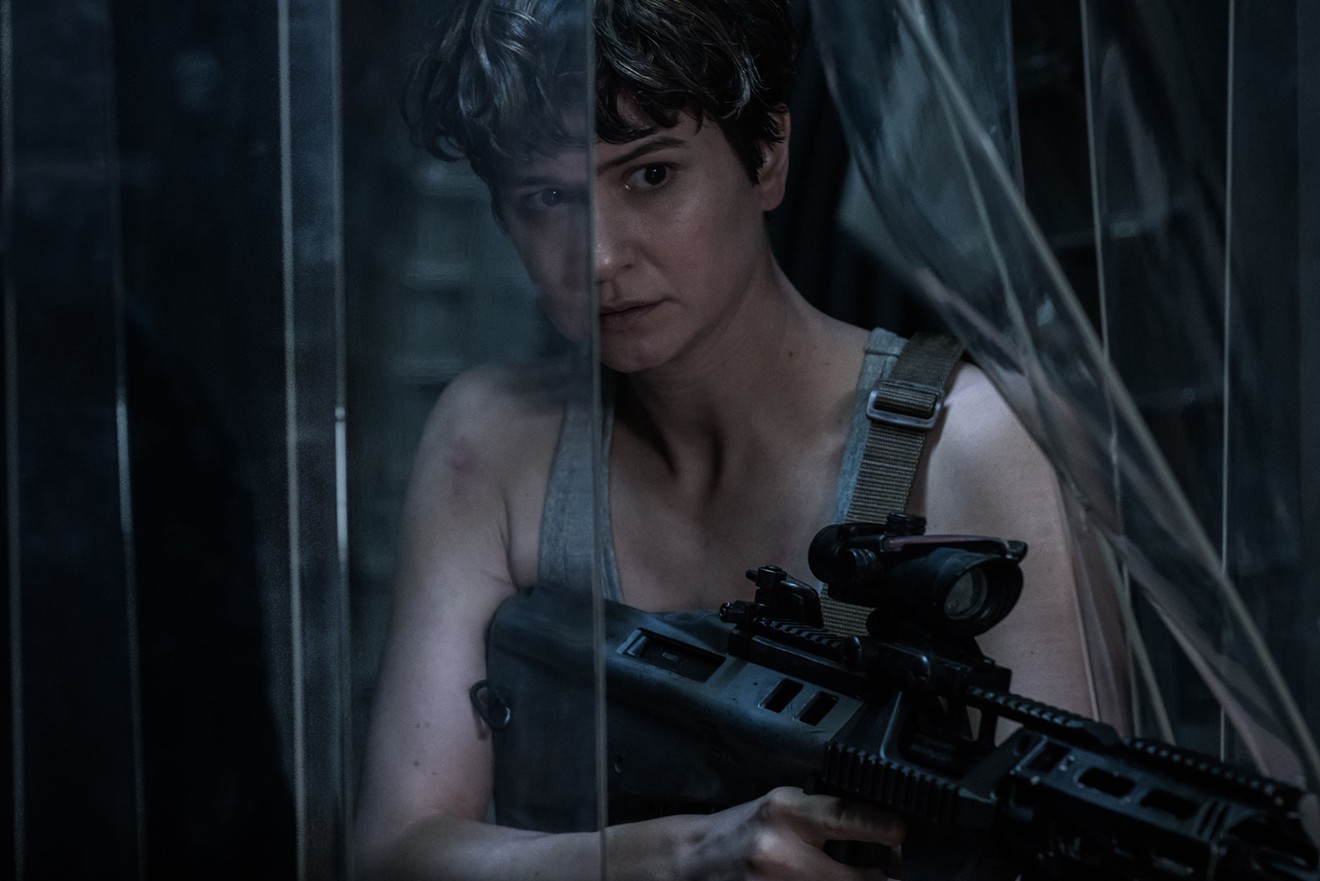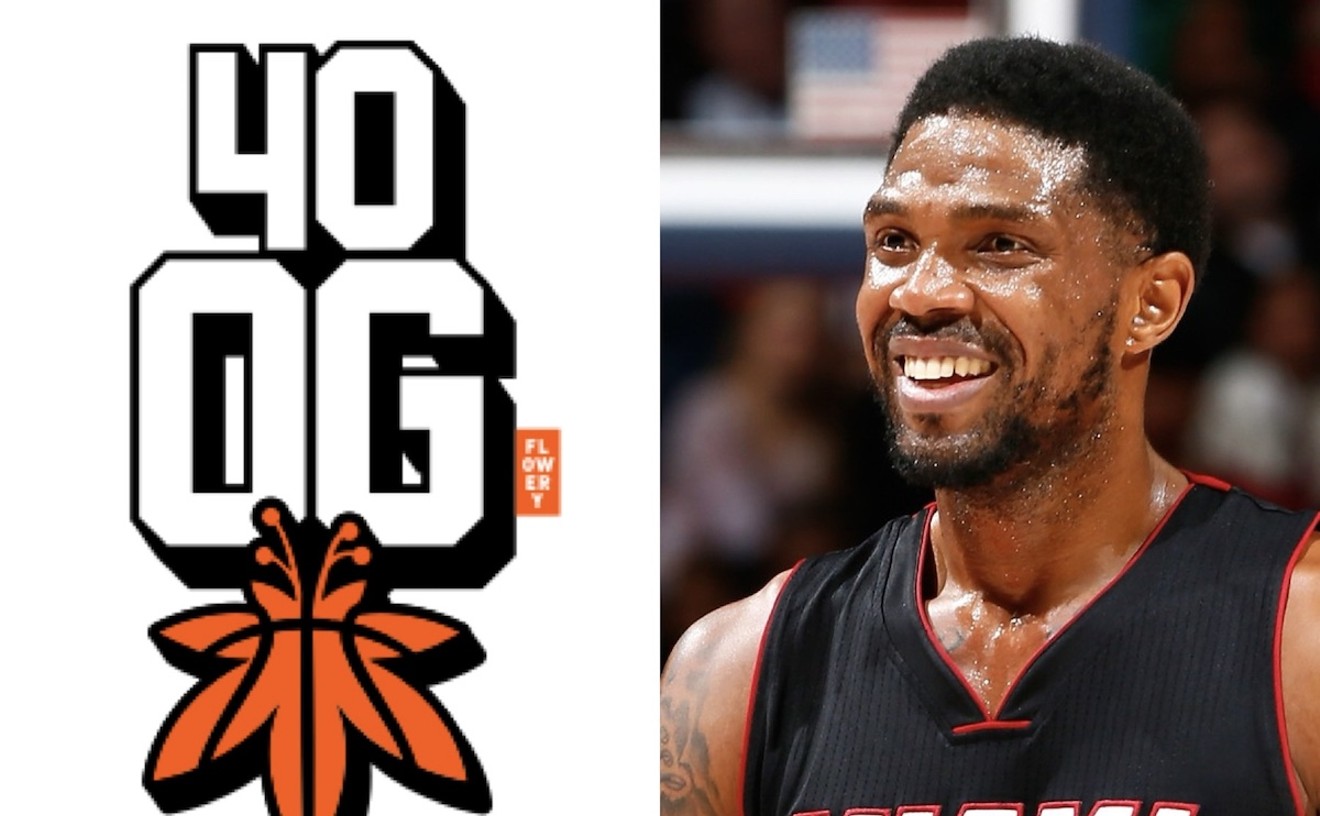If nothing else, Alien: Covenant is the most ambitious Alien film ever made. It’s almost as if Ridley Scott, foiled in his recent attempts at biblical epics, metaphysical dramas and thorny psychosexual thrillers, decided to revisit those genres under cover of a prized franchise sequel. That’s not to suggest that this latest Alien entry (the sixth in the series proper, not counting assorted spin-off confrontations against the Predator) short-shrifts the monster-movie hysterics: There’s plenty of screaming and running and gore here — much of it effective, some of it not. But, really, what shines through most are the Ridley Scott-isms.
So much so that, as Covenant began, I briefly wondered if I had wandered into a new Blade Runner instead. The film opens with the birth of Prometheus’ android, David (Michael Fassbender), as he stands, clad all in white, in a vast, elegant room, while his creator, Peter Weyland (Guy Pearce), peppers him with oblique questions. The perceptive robot can already identify the artwork and furniture around them; asked for his name, he takes it from the Michelangelo statue that stands nearby. When the conversation veers toward metaphysics, David seems to relish the unique certitude of his existence. “You seek your creator. I am looking at mine,” he tells Weyland. “You will die. I will not.”
We then jump forward to 10 years after the events of Prometheus, to the colonization vessel Covenant making its way through space, carrying several thousand sleeping colonists and human embryos, headed to a supposedly life-sustaining planet called Origae-6. When we first see the ship, its sole awake inhabitant is another android, Walter (played again by Fassbender, this time sporting an American accent). The crew, revived from hibernation by an accident involving a “neutrino burst” (long story), intercepts a message from a seemingly habitable planet much nearer than the still-seven-years-of-cryosleep-away Origae-6. Unlike many previous Alien missions, the Covenant isn’t on some kind of super-secret corporate or military endeavor. These are settlers, and many of the crew are couples; they’ll go anywhere that seems suitable to building a new civilization. These people also demonstrate more vulnerability than many earlier protagonists: They’ve just lost their captain (a briefly seen James Franco, burnt to a crisp in that neutrino burst), and they’re crippled by mourning, uncertainty and fear.
Wounded and dispirited, the Covenant heads to this unnamed planet — a beautiful, Edenic place with striking mountains and fields of wheat and what appears to be absolutely no animal life whatsoever. Think again: After a couple of our heroes accidentally ingest some kind of sentient microbe, things start to go bump in their internal organs: Creepy crawly xenomorphs soon begin bursting out of people’s spines and mouths. Scott masterfully orchestrates the initial pandemonium as scattered crew members struggle with poor communications, ion storms, blood-vomiting colleagues and an escalating cascade of cock-ups. We are constantly reminded that these aren’t soldiers or people otherwise trained to handle emergencies; often, when these people try to help, they make things worse.
Covenant could have continued in this vein and delivered a perfectly serviceable action-horror sequel. But Scott has bigger plans. He wants to do so much here: probe the nature of faith and the mysteries of creation, examine the limits of humanity and intelligence, compare visions of leadership and devotion. And, as in earlier Alien movies, Covenant explores the notion of a post-human universe — in which people are afterthoughts or, at most, cumbersome bottlenecks between the more powerful forces of capitalism and creation, between survival and space. The whole series is kind of about this. But Alien: Covenant might be the first to state the theme outright.
The spectre of a world without people in it is foregrounded when our human survivors are confronted halfway through the movie by David, the android from the opening scene, who landed on this planet years ago and now lives in a giant temple complex that looks like it was carried over from Scott’s 2014 epic, Exodus: Gods and Kings. It's a fascinating detour, but it also speaks to the film's inability to stick to a mood or a theme or even an emotional through-line. The story indulges each of its ideas for a few minutes and then mostly drops them.
The effect is that of a film at war with itself — between philosophical ambition and the need to deliver an effective action spectacle. Admittedly, the whipsawing between the lofty and the base, between cerebral musings and visceral thrills, generates its own wild energy — at least until the disposable and thoroughly uninspiring action-movie theatrics of the final act, as Scott desperately tries to wrap up loose ends and set things in motion for what will surely be yet another sequel. Scott has never been the most confident of storytellers. He’s a master of mood and evocative imagery and even character, but he falters with straight narrative. And the more Covenant tries to tell a story, the more of a mess it becomes.
Still, I walked away from this picture with grudging admiration. And here I must get into some overt spoilers. David is a compelling creation — equal parts Captain Nemo, Count of Monte Cristo, Narcissus, Lucifer and Dr. Josef Mengele. The only intelligent denizen of this planet, he's been learning poetry and art and music and experimenting with genetic mutation, all the while becoming convinced that humanity is unworthy of his gifts — that he was meant not to be a servant but a god.
Though they both presumably come from long lines of robots, David fixates on his drawling doppelgänger, Walter, with the awe of someone who has convinced himself of his own perfection. Gently making Walter blow into a recorder, David holds his instrument suggestively and purrs, “Watch me — I’ll do the fingering.” He then whispers to Walter, “You have symphonies in you, brother,” trying to convince this lowly mirror image of his slumbering greatness. The scenes between the two are touching, erotic, troubling, transfixing — if you ever wanted to watch Michael Fassbender make out with himself and then kick his own ass, it’s your lucky day.
Alien: Covenant seethes with self-importance yet is never boring or portentous. It can’t come close to matching the greatness of the first two films in the series, but at least Scott seems to understand that these movies thrive on ambition. If in the end it doesn’t quite work — if its many fascinating pieces and ideas and odds and ends don’t ever cohere into a whole — lament not what might have been. Instead, be grateful that Ridley Scott has lost none of his ability to provoke, captivate and infuriate.
[
{
"name": "Air - MediumRectangle - Inline Content - Mobile Display Size",
"component": "19274298",
"insertPoint": "2",
"requiredCountToDisplay": "2"
},{
"name": "Editor Picks",
"component": "17482312",
"insertPoint": "4",
"requiredCountToDisplay": "1"
},{
"name": "Inline Links",
"component": "18711090",
"insertPoint": "8th",
"startingPoint": 8,
"requiredCountToDisplay": "7",
"maxInsertions": 25
},{
"name": "Air - MediumRectangle - Combo - Inline Content",
"component": "17482310",
"insertPoint": "8th",
"startingPoint": 8,
"requiredCountToDisplay": "7",
"maxInsertions": 25
},{
"name": "Inline Links",
"component": "18711090",
"insertPoint": "8th",
"startingPoint": 12,
"requiredCountToDisplay": "11",
"maxInsertions": 25
},{
"name": "Air - Leaderboard Tower - Combo - Inline Content",
"component": "17482313",
"insertPoint": "8th",
"startingPoint": 12,
"requiredCountToDisplay": "11",
"maxInsertions": 25
}
]











